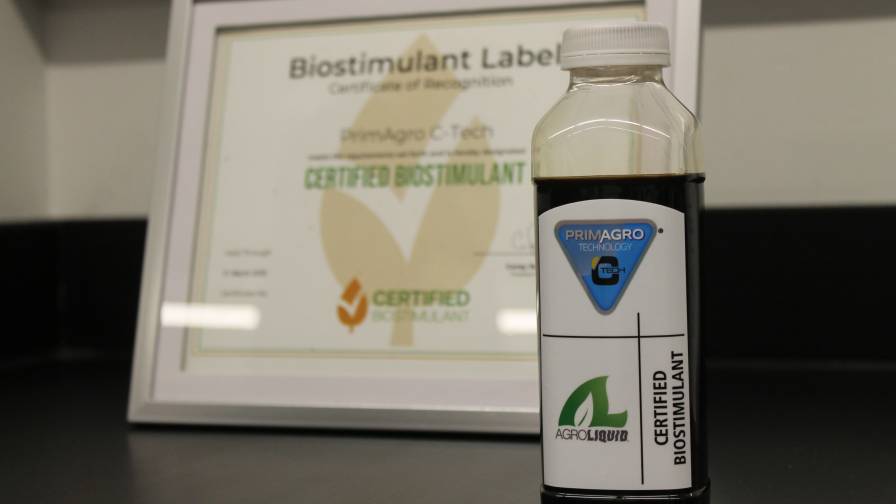5 Misguided Reasons Why Ag Retailers Are Not Using Social Media
Let’s be clear. There are many ag retailers making social media work for their business. Take Mid Kansas Cooperative (MKC), for example. The organization’s leaders have taken the position that if they’re not telling MKC’s story on social media, then someone else will. MKC has formed a social media committee, developed a strong presence on Facebook, Twitter, YouTube, Blogger and LinkedIn, and further enhanced its brand thanks to social media, says Director of Communications Kerry Watson.
“We just completed a Brand Valuation in which our MKC brand was valued at $23.1 million,” she says. “We believe our social media efforts have played a role in creating our brand awareness.”
But for every social media savvy retailer like MKC, there are dozens of others that haven’t embraced online communities yet. The biggest question is, why not? I have asked ag retailers this question many times over the past several years, and their responses are as widespread as Bt hybrids in the Corn Belt — all over the place. But the following five reasons are given more than others as to why retailers are not using social media (and why they should strongly reconsider):
1. No perceived ROI/Value. There are a lot of companies that are still skeptical about the return on investment (ROI) of social media. Like most ag professionals, ag retailers need to see value in something before they’ll invest in it. “If I can’t measure it, I won’t do it.” Sound familiar? This is a valid point to address, particularly if you’re unsure how social media can benefit your organization. Fortunately, there are many studies that display the value social media could bring to your marketing practices. Consider nearly 60% of marketers who have been using social media for more than three years report it has helped them improve sales, according to the Social Media Examiner. While this is just one fact supporting social media, I encourage you to do more research. You just might find that perception is not reality.
2. Uncertain of customer usage. “I’m not sure my customers are using it.” That’s a claim I’m constantly hearing from retailers. But that’s just it, they’re “not sure.” I’m here to tell you that they are using it. According to the National Sustainable Agriculture Information Service, farmers use social media “to put a face on how food is grown.” They share photos and stories about how their farms are operated, making personal connections with consumers, suppliers and their communities. Farmers are also using social media to inform people about agricultural issues that matter to them. Your customers, or potential customers, are using social media more than you think. It’s at least worth looking into to find out “for sure.”
3. Think it’s a waste of time. We live in a microwave society. If we don’t see immediate results, then we move on to something else. That’s how many ag retailers view social media. One of my favorite comments from a recent survey on social media summed it up best: “It’s a colossal waste of time and resources.” But social networking takes time to build a loyal fan base. Start small. Block out a little time every week to tweet, post updates to Facebook, blog or create YouTube videos. Conversely, when it’s time to visit growers or do custom application work, shut down these sites and concentrate on the rest of your business.
4. Not sure how to use it. Social media use is ubiquitous, yet many businesses still aren’t sure what to do with it. Some have found out the hard way that simply being present on social media isn’t enough. If you want to raise awareness for your brand on social media, it’s absolutely critical that you form a content strategy in advance. Which networking sites do we start with? Who will be the person(s) responsible for the company’s social media? How often will we use it? What do we hope to get out of it? These are all valid questions that should be answered in your social media plan. Above all else, keep it simple and chances are your strategy will be effective.
5. Concerns about negative publicity. Social media can be a double-edged sword. One of the downfalls is that companies have no control of the dialogue about their brand. “The risk of unwanted publicity is not worth the potential value,” said one retailer in a recent survey. While I empathize with this thinking, I can’t justify it. While you may choose not to use social media because of concerns about bad publicity, you can’t stop your customers, neighbors or competitors from doing so. What better way to counter bad press than through social media channels and tell your story on social media before someone else does.






